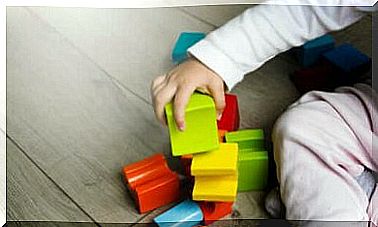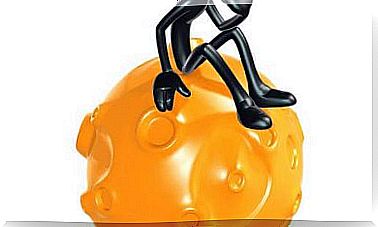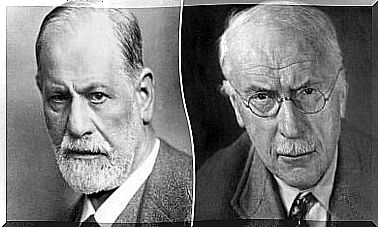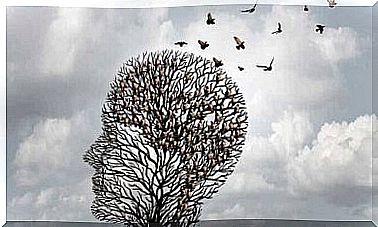Aaron Beck And His New Integrative Theory Of Depression
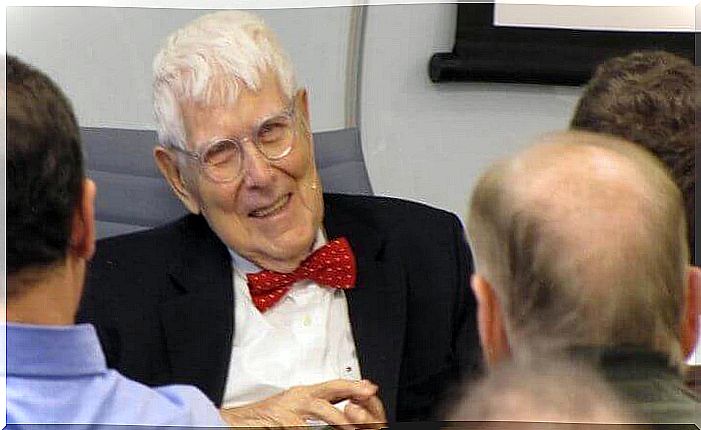
The famous cognitive psychologist Aaron Beck, known for revolutionizing the conception of depression and its treatment, has just published an article in Clinical Psychological Science in which he updates his theory called “Integrating Clinical, Cognitive, Biological, and Evolutionary Perspectives”. In this article, he raises an Integrative Theory of Depression from clinical, cognitive, biological, and evolutionary perspectives.
In this new Integrative Theory, Beck and his colleague Keith Bredemeier, both professors at the University of Pennsylvania in the United States, tried to integrate results from all these disciplines, clinical, cognitive, biological, and evolutionary, to make their model an explanation. more comprehensive and coherent about depression.
With all of this, they established a new framework that explains the symptoms and natural course of depression, but mainly highlights people’s natural predisposition to recovery. In this article, I will try to explain what this new integrative theory of depression consists of and its implications.
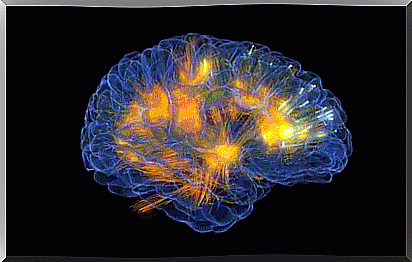
What is Aaron Beck’s Integrative Theory of Depression?
This Integrative Theory is based on the premise that depression represents an adaptation to the perception of a loss of essential human resources, which provide access to the basic needs of an individual’s life.
This means that the loss – not necessarily a death – of a family member, a partner or a friend increases the risk of depression, especially in people who have other risk factors for developing the disease. So this loss, for these people, is more likely to be seen as a devastating and insurmountable loss.
After this loss, high physiological reactivity and cognitive tendencies cause these individuals, usually at risk for depression, to activate negative beliefs about themselves, the world and the future, that is, what is classically known as the “cognitive triad negative”.
This inactivity triggered by the loss makes sense: it occurs because the individual tries to conserve energy in the face of the perception of the loss of resources he is suffering. In other words, the lack of inactivity in depression has a protective meaning, instead of saving energy, fearing that other needs might be threatened.
Over time, what they called “the depression program,” which is to store energy, reinforces negative beliefs. It is the subject who isolates himself, causing losses to multiply and the amount of daily reinforcements to decrease.
It is important to emphasize that this program can be interrupted when vital resources are restored, either due to the emergence of new information that “corrects” the negative trends, or because the situation itself changes. External factors such as support from friends and family, counseling from a psychotherapist, and biological treatment (eg, antidepressants) can help to break the cycle of depression.

Still, at the end of their article, Aaron Beck and Bredemeier say they hope “this model will serve to motivate further development of a new (and more integrative) approach to treating or preventing depression” so that future publications can extend the his Integrative Theory with new discoveries.
What is the difference between Integrative Theory and your Cognitive Theory for depression?
If you are unfamiliar with Aaron Beck’s Cognitive Theory of Depression, you may have overlooked the differences between the two theories in explaining depression, but they can be distinguished by at least two clear features that mark the difference between them.
The first aspect is called the “depression program”, which recognizes the evolutionary purpose of the inactivity and isolation of depressed subjects as a form of energy conservation. This “conservative policy” is a consequence of feeling immersed in a world of emotional losses, thus adapting to the new situation.

This advance offers a new explanation for the great effectiveness of different cognitive-behavioral treatments for depression, especially those based on behavioral activation as an essential part of therapy, because it would end this program of inactivity caused by depression; so they would be the most effective therapies.
The second advance presented by this theory has to do with the inclusion of biological elements as participants in depression. We talk about physiological responses produced by the experience of loss in these people, thus explaining the functioning of antidepressant medication as an effective treatment for depression.
*Author’s Note: I have not found references in Portuguese for this article, so the translation of various terms such as the “depression program” could change according to different versions.*
